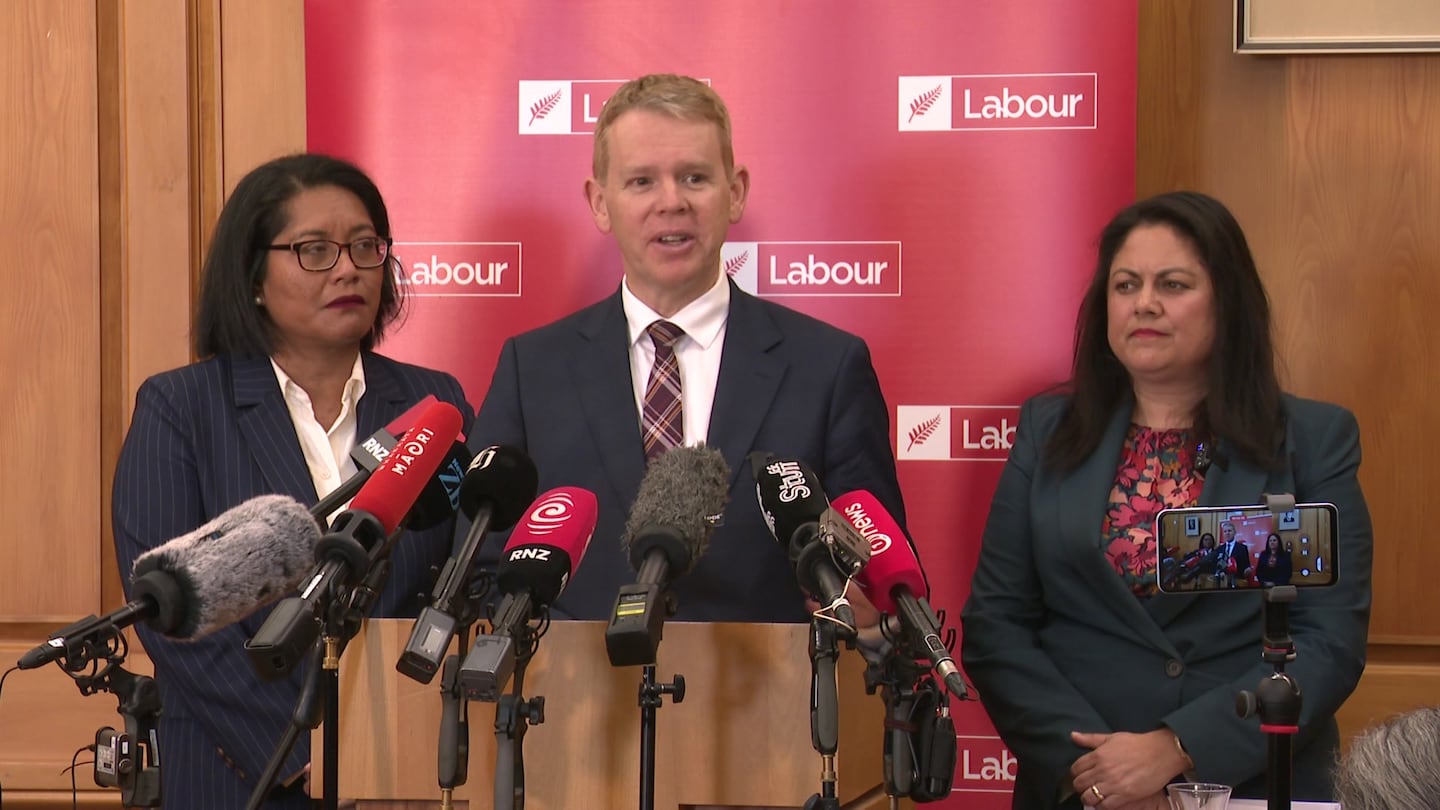Labour has unveiled plans for a 28 percent capital gains tax on profits from investment and commercial property sales, excluding family homes and farms, as part of a new revenue policy to fund three free doctor visits for every New Zealander.
The annoucement had to be brought forward after it was leaked this morning.
The tax would take effect from July 2027 and apply only to profits earned after that date, meaning it won’t be retrospective.
All revenue would be ring-fenced for a “Medicard” scheme, which Labour says will provide three free GP visits a year for all citizens and residents.
Labour leader Chris Hipkins described the proposal as a pragmatic and fair way to grow the economy while easing cost-of-living pressures through better access to healthcare.
He said the new system would be integrated with GP booking systems, allowing people to use their Medicard like a debit card for visits.
Hipkins said the proposal protects ordinary New Zealanders while ensuring property profits contribute to essential services.
“This isn’t a tax on the family home. It’s a fair contribution from those making gains in the property market,” he said.
The plan marks a sharp departure from Labour’s previous stance.
Hipkins ruled out both a wealth tax and capital gains tax before the 2023 election but reopened the door after Labour’s defeat, promising a “blank page” on tax reform.
The policy had to be released prematurely because it was leaked into the public domain before the planned release.
Hipkins would not speculate as to where it might have been come from, but said in the development stages it would have gone through a lot of hands.
“We were intending to release the policy this week. We’d been working towards that for some time. It’s gone through quite a variety of different processes within the party.
“If it transpires that it was deliberately released by somebody and that we find out who that person is, they won’t be a member of the Labour Party anymore.” He said.
Medicard
How it will work:
- Every New Zealander will receive a Medicard at birth or upon gaining residency or citizenship.
- It will hold the information to identify you at health services and track your entitlements and usage.
- The card will also be available as an app, integrated with GP and community health systems.
- Designed for non-digital users and supports multiple languages.
Labour Health Spokesperson, Ayesha Verrall, say this election is a make-or-break for the health system.
“If something goes wrong, if you get hurt, if your loved one is sick, if you need help, no one should ever be on their own. And no one should have to choose between their health and the bills. With Labour, New Zealanders will use their Medicard, not their credit card, to see their local doctor or nurse.” She said.
‘Tax grab’ - National Party response
National’s finance spokesperson Nicola Willis has called the proposal an attack on investment and savings, warning it would stall economic recovery.
“Labour’s tax grab would put New Zealand’s economy at risk. It’s a tax on savings, investment and growth, the complete opposite of what our economy needs right now,” Willis said.
She argued the tax would burden small and large businesses alike, as many rely on property ownership or leases for their operations. “By levelling a new tax on land and buildings, Labour has effectively committed to a tax on businesses, from the corner dairy to the local factory.”
Willis also criticised the healthcare component, saying free visits for high-income earners would clog the system and worsen wait times.
“Labour is prioritising free GP visits for millionaires, paid for by a tax on people’s savings,” she said.
National has reaffirmed its position that it will not introduce a capital gains tax, arguing instead for measures to cut red tape and encourage investment.
What this could mean for Māori
For Māori, the proposal could be cut both ways.
On one hand, free GP visits for all could provide meaningful relief to Māori communities that experience higher barriers to primary healthcare access.
Cost remains one of the most common reasons Māori delay or avoid visiting a doctor, so a scheme like Medicard could reduce those inequities, particularly for whānau in low-income or rural areas.
However, the capital gains tax component may raise specific concerns for iwi and hapū entities that hold property or commercial investments as part of their post-settlement asset base.
While the tax excludes farms and residential homes, it could still apply to certain iwi-owned commercial properties or joint ventures, depending on how the policy is implemented.




